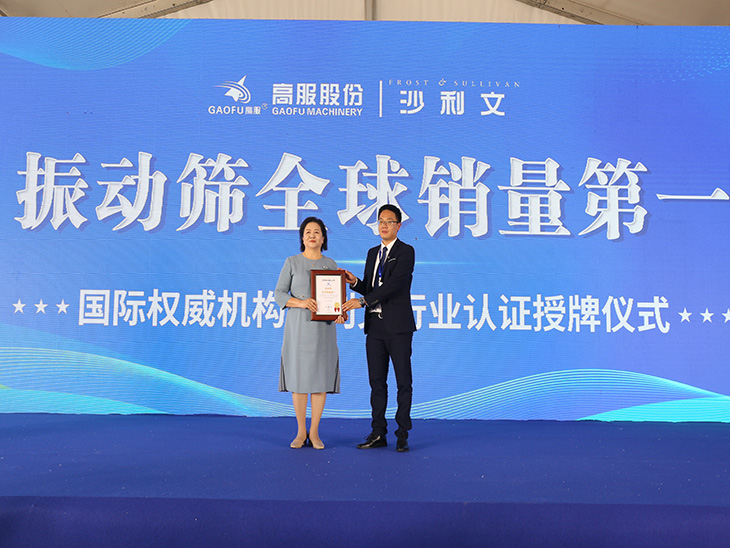Most countries in the process of urbanization in the world, with the large increase in urban residents' consumption level, the number of urban waste (commonly known as trash) showed a trend of extraordinary growth, waste and waste processing of all kinds of environmental problems, has become a major challenge facing the world cities.
Comprehensive urban environmental management, especially the effective disposal of urban garbage, has been a major concern in the development of green and low-carbon cities in the eu.
Attaching importance to environmental protection and realizing coordinated development between economy, society and environment constitute the basic support of European countries' social development model. European countries regulate waste disposal strictly, and the urban waste management ability is always at the forefront of the world.
With the continuous improvement of the city and living environment, more and more European cities are now known as garden cities.
Since 2010, Europe to be a green city named in Europe every year the most environmental protection, ecology, green, fit for human life in the city, become the "European environmental capital", to promote the city construction of low carbon environmental protection in the European Union.
1. Constantly improve the waste management regulations and systems.
As the birthplace of world industrial civilization, along with industrial civilization and technological progress, European countries first suffered from environmental degradation.The European Union's municipal refuse treatment started earlier, and so far has had a relatively perfect municipal waste management system.
In response to the problem of "garbage siege" or "garbage disaster", the member states of the European Community began to formulate laws and regulations in the 1970s to reduce the environmental problems caused by garbage.
In 1992, the European Union established a unified market, and the member states of the European Community realized the four major flows of goods, personnel, capital and services, and promoted the level of urbanization.The concentration of urban population also leads to the increase of garbage. Therefore, the European Union raises the waste management system to the strategic height.
The European Community waste strategy was promulgated on 30 July 1996.The strategy was revised on 21 December 2005.This strategy has played an active role in setting up environmental awareness and guiding waste disposal.
At the same time, the eu is gradually improving the waste directive on a regulatory level.In 1998, the "eu waste framework directive" was issued to replace the 442 directive of 1975 and the 156 directive of 1991.
The directive clarifies the basic concepts and definitions associated with waste management, such as the precise meaning of waste, recovery and recycling.Command determines the basic principles of waste management: waste disposal shall, first of all, do not harm the personal and environmental damage for the guidelines, especially not for water, air, soil and the living environment of animals and plants and bring adverse effect.
Other principles include the "polluter pays principle" and "the principle of producer extension accountability".The directive also provides special treatment for hazardous waste and waste oil, aiming to increase the recycling rate and recycling rate of household and construction waste by 50% and 70% respectively by 2020.
Timely revised the 1998 edition of the eu in 2008 waste framework directive, the content and general principles of waste classification, waste lists, and lead to harmful characteristics of 15 kinds of dangerous waste, and put forward the first pyramid waste management priorities, points out that the landfill as the handler, is only under the condition of existing technology can't achieve recovery and recycling.
In addition to the waste framework directive which is a major laws and regulations, the EU has developed a landfill method and incineration method, waste transportation regulations (2006), waste oil, waste batteries, scrap vehicles, waste packing material processing details are put forward. There are special legal provisions for the disposal of all classified wastes in the waste framework directive.




